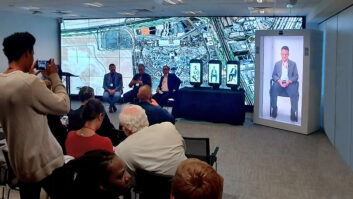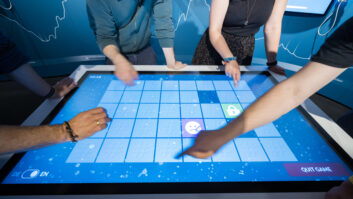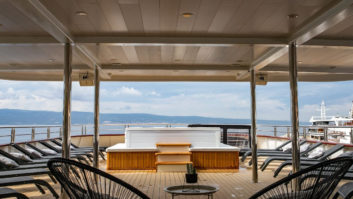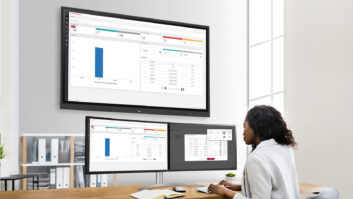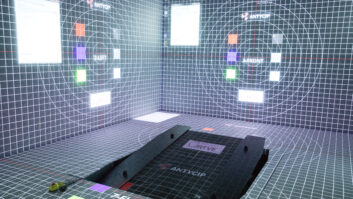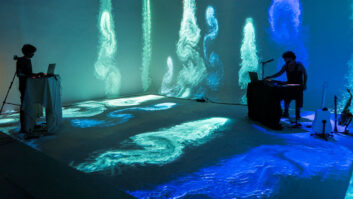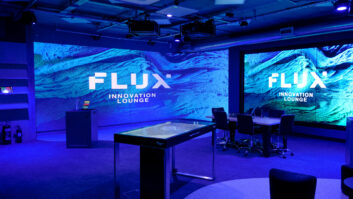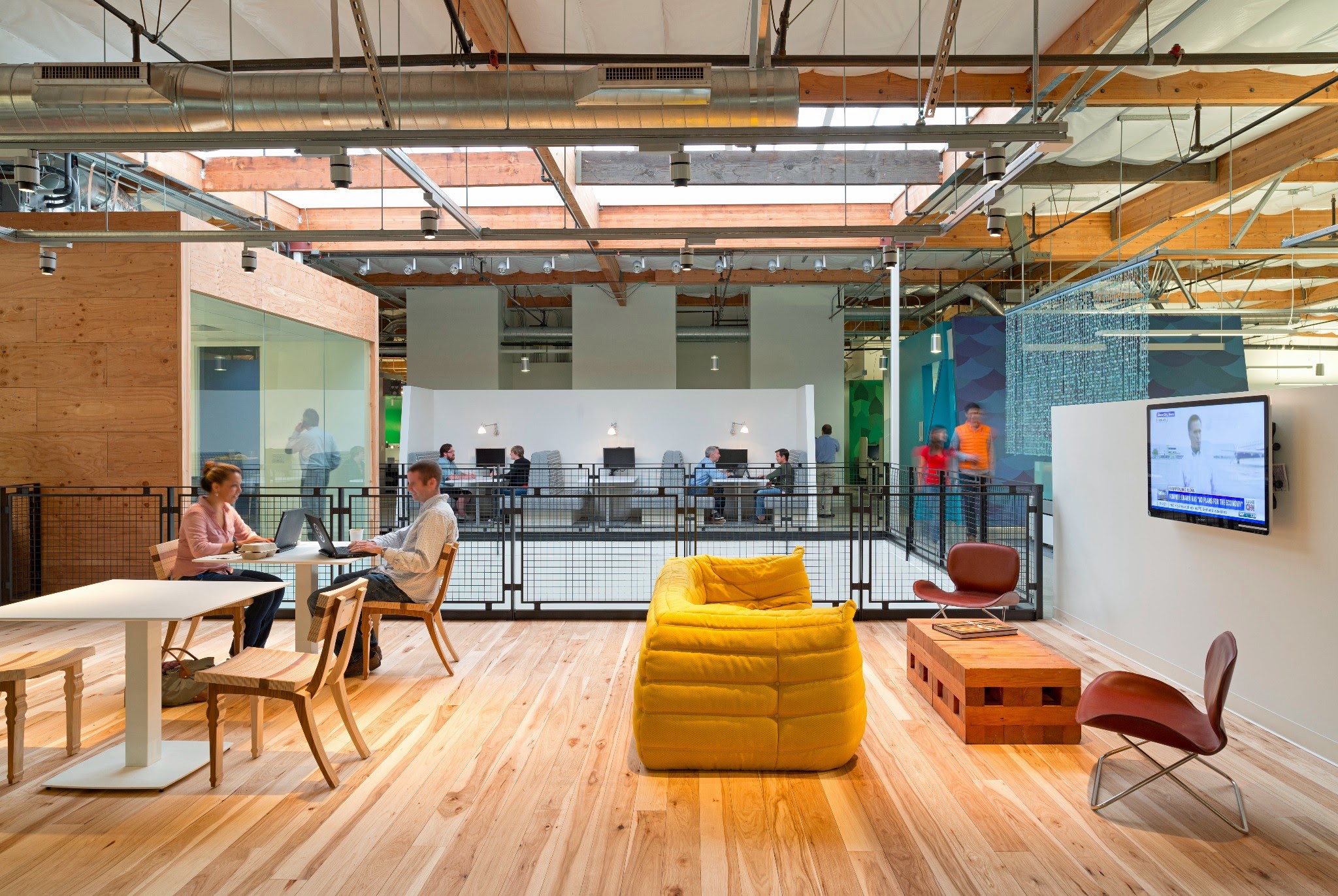
Our columnist Rob Lane detects a new playfulness in modern working environments.
There’s a quiet, slow but sure, revolution taking place in office spaces across the globe, and the AV industry and its leading installers are integral to its success. Videoconferencing, huddle spaces, AV over IP, LFDs, interactive multi-touch walls: our industry is at the forefront of technology installations that are changing the way people work in some of the world’s leading corporations.
This isn’t just technology for technology’s sake, a me-too culture of keeping up with the Apples, Googles, Bloombergs and AstraZenecas. There’s much more going on here than just a race for the best front-of-house tech.
Global organisations finally understand the benefits that agile working can bring (rather than merely paying lip service to the idea). AV integrators are being tasked with creating small, VC-capable huddle-space ‘bubbles’ within open-plan ‘villages’ where workers can conference with colleagues across the globe or working locally from home, before plugging in at their favourite café-side hotdesk and then exchanging ideas across a multi-touch table surrounded by soft leather sofas.
This revolutionary approach to working environments isn’t just about connectivity, however. Indeed, it’s not even really about technology. Tech may be the facilitator, but the core driver of everything in today’s new working environment model is playfulness.
Google play
Many companies might not even realise it, but by signing up to the Google way of doing things – albeit in a perhaps less overt way – they have invited a playfulness into their organisations; something that – as proven time and time again – is good for business. (Corporations also recognise that they need more than just the old working models to attract the best millennials to work with them, of course.)
As Carl Jung said: “The creation of something new is not accomplished by the intellect but by the play instinct.” The ability to play is something that, as adults, many of us have lost and this is to the detriment to both our characters and also to business. By introducing playfulness into workplace environments, companies are tapping into this latent ability to play among employees, helping to boost both ideas and productivity.
At Google, playful working environments are overt: adult playgrounds with a surprising lack of tech (another article for another time!). Other companies might not fully subscribe to this approach, but by doing away with set seating areas and introducing ‘villages’ with café hub areas – to enable workers to hotdesk as they would when working in and near to their own homes – they are effectively adding a playful element to the daily working routine.
Whether you see this as play or not, it’s difficult to disagree that there’s something very restricting about a fixed workspace – perhaps reminiscent of a writer staring at the clichéd blank piece of paper. Being able to pop to a different workspace – whether overtly playful, only playful on a very basic level, teched-up or otherwise – clearly makes a difference.
Apple pod
I myself spent a good part of the summer hotdesking between office and the bench under my apple tree, and found that I was more energised working al fresco than I was boxed in between four walls. I worked smarter and faster and, crucially, it felt less like work; it was more playful. “Necessity may be the mother of invention, but play is certainly the father”; so said Roger von Oech, renowned American speaker, author and toy maker.
As Google – paradoxically – has shown, working in a more playful environment doesn’t have to involve technology. However, even if your playful workspace is merely under an apple tree there needs to be some sort of provision for technology – in my case a WiFi extender; many companies are coming to realise that technology can expand the playful within working environments, beyond just offering plug-in areas or open huddle spaces. This might mean more playful tech finding its way into these new corporate ‘villages’ – VR, AR, mapping et al – alongside more practical, if still comparatively playful, solutions.
